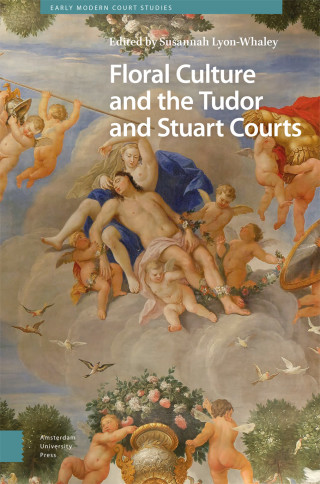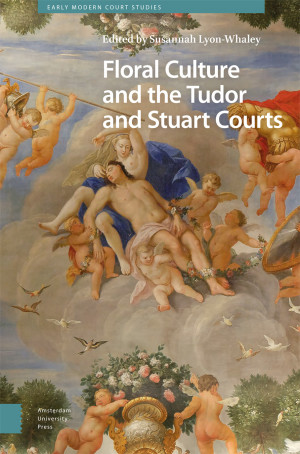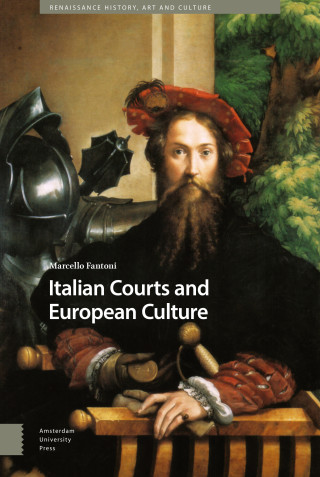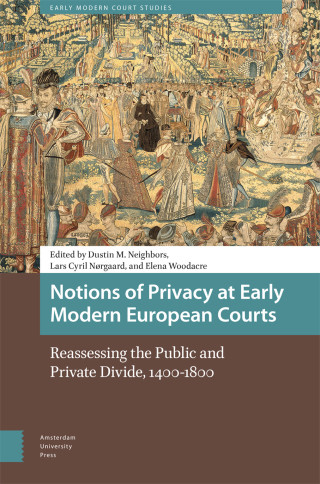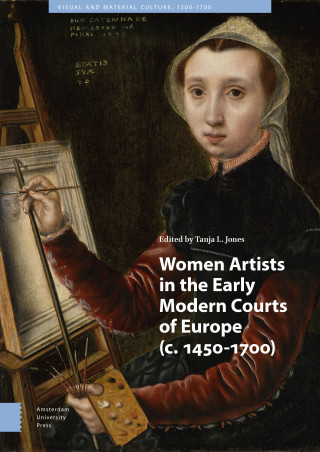At court, flowers coloured, scented, adorned, sustained, nourished, and enthralled. These interdisciplinary essays engage with flowers as real, artificial, and represented objects across the Tudor and Stuart courts in gardens, literature, painting, interior furnishing, garments, and as jewels, medicine, and food. Situating this burgeoning floral culture within a European floral revolution of science, natural history, global trade, and colonial expansion, they reveal the court’s distinctive floral identity and history. If the rose operated as a particularly English lingua franca of royal power across two dynasties, this volume sheds light on an array of wild and garden flowers to offer an immersive picture of how the Tudor and Stuart courts lived and functioned, styled and displayed themselves through flowers. It contributes to a revival of interest in the early modern green world and provides a focused view of a court and court culture that used and revelled in blooms.
